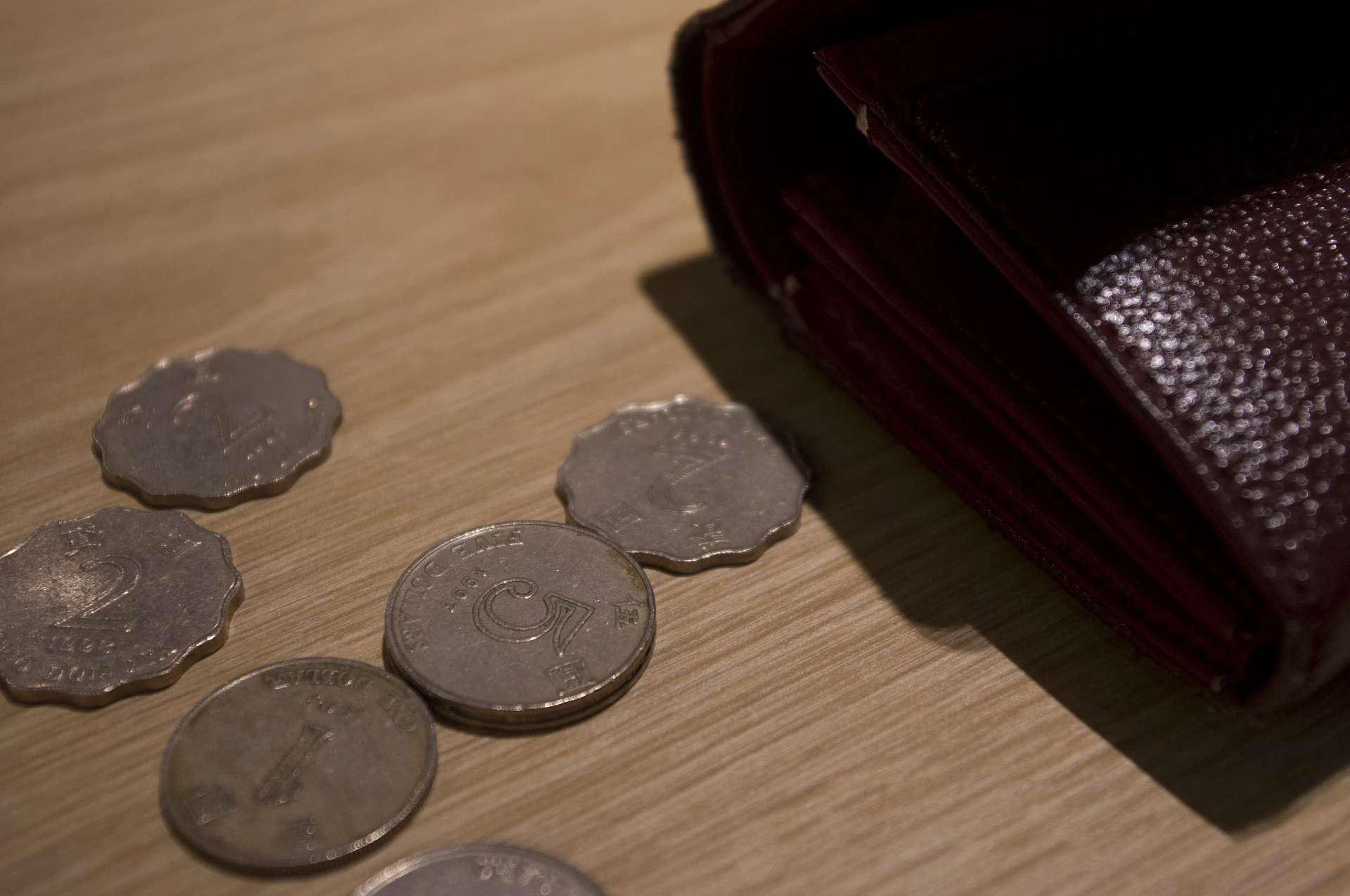Macau saw a spike in gaming-related crime in the first quarter of 2025. The increase has been linked to new legislation criminalising money exchange operations.
From January through March, law enforcement in Macau posted a 61.5% rise in gaming crimes, filing 567 incident reports, up 61.5% over the first quarter of 2024. The increase has been linked to the recent criminalisation of unlicenced currency exchanges in the casino city.
Last June, Beijing launched a crackdown on illicit money changers, who help gamblers skirt government controls on capital flight. Last October, the Macau Legislative Assembly passed legislation making it a crime.
According to the ministry of public security, the exchanges facilitate money laundering and lead to “fights, fraud, thefts, illegal immigration and other crimes” including kidnapping and murder.
The amended Law on Combating Gambling Crimes includes prison terms of up to five years for offenders. Convictions could lead to a 10-year ban from city casinos.
The new law also increased the penalties for illegal gambling. Side bets and parallel bets are now punishable by as much as eight years in prison. In addition, the law gives police more power to enter and search suspected illegal gambling dens.
Crime up despite fewer casinos
The rise in criminal incidents occurred despite a drop in the total number of casinos, reported Macau Business, from 40 in 2019 to just 30 today.
Suspicious transaction reports filed by gaming operators reached a record 3,837 last year, up 11.8% year-on-year. That’s the highest volume since 2006, when Macau established its Financial Intelligence Office.
The surge in money changers coincided with the shift in the VIP business, including the near-extinction of the junket trade. China’s State Administration of Foreign Exchange limits overseas withdrawals from Chinese banks to just CNY100,000 ($14,000) per year — chump change for whales who don’t blink at playing $25,000 a hand.
Among the 567 cases recorded in Q1, 132 involved money changers, more than 60% of the increase. Fraud was next, with 152 cases or 26.8%. Rounding out the total were usury, theft, misappropriation and defiance of casino exclusion orders.
“Casinos and gambling are widely considered to be breeding grounds for a range of deviant behaviour and criminal offences,” says researcher Quan Fang of the School of Law at Macau University of Science and Technology.
Sonny Shiu-Hing Lo, who has written about crime in Macau, agrees that “casinos lead to activities such as white money laundering, loan sharking and prostitution”.
The amendment to criminalise money exchanges followed on the heels of the murder of a money changer. He had just won big at a local casino, raking in about CNY 2.3 million. He was later found stabbed to death in his room at the Wynn Palace on Cotai.

